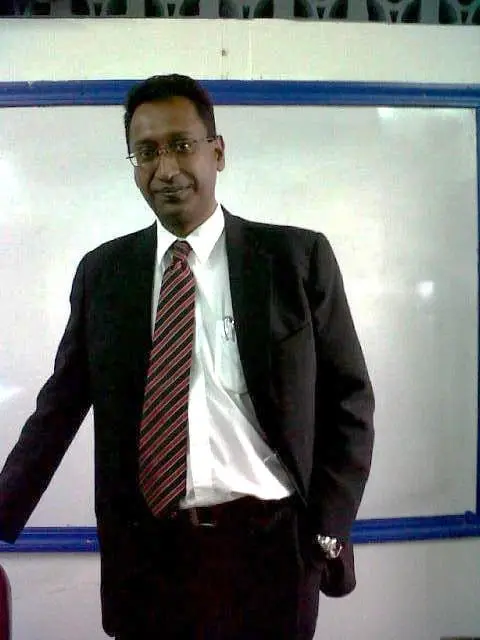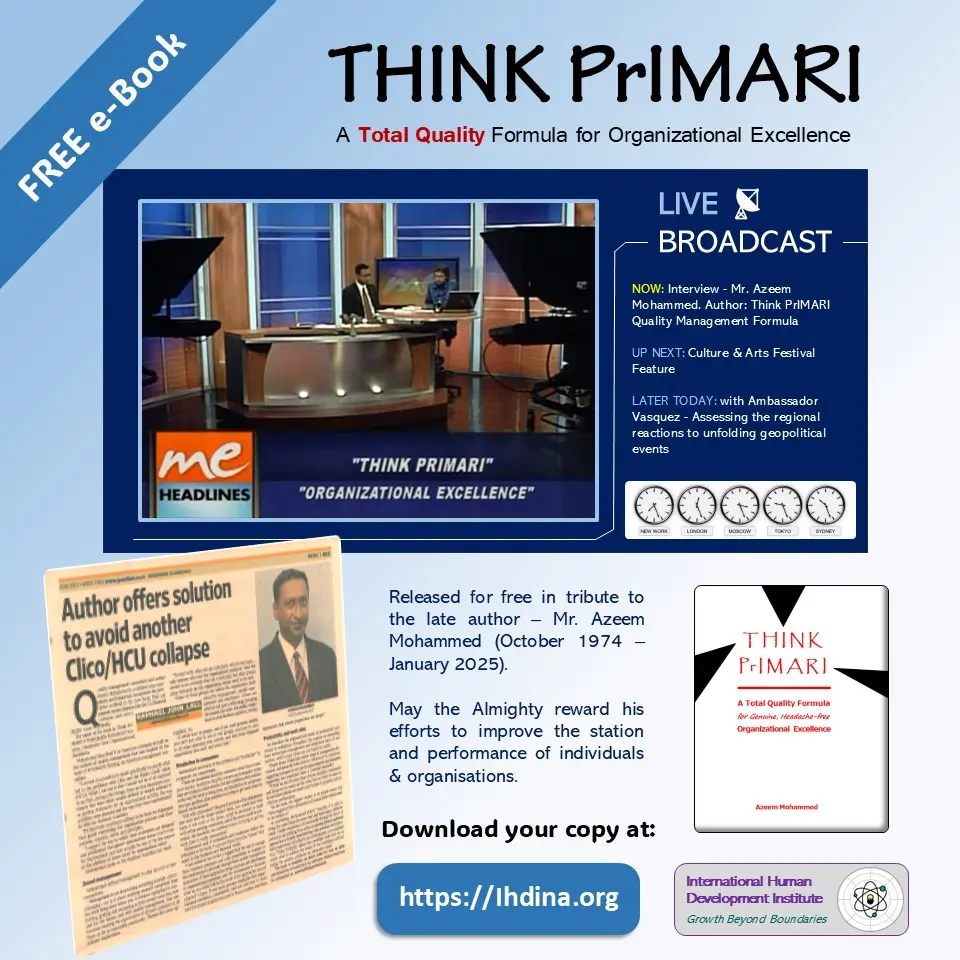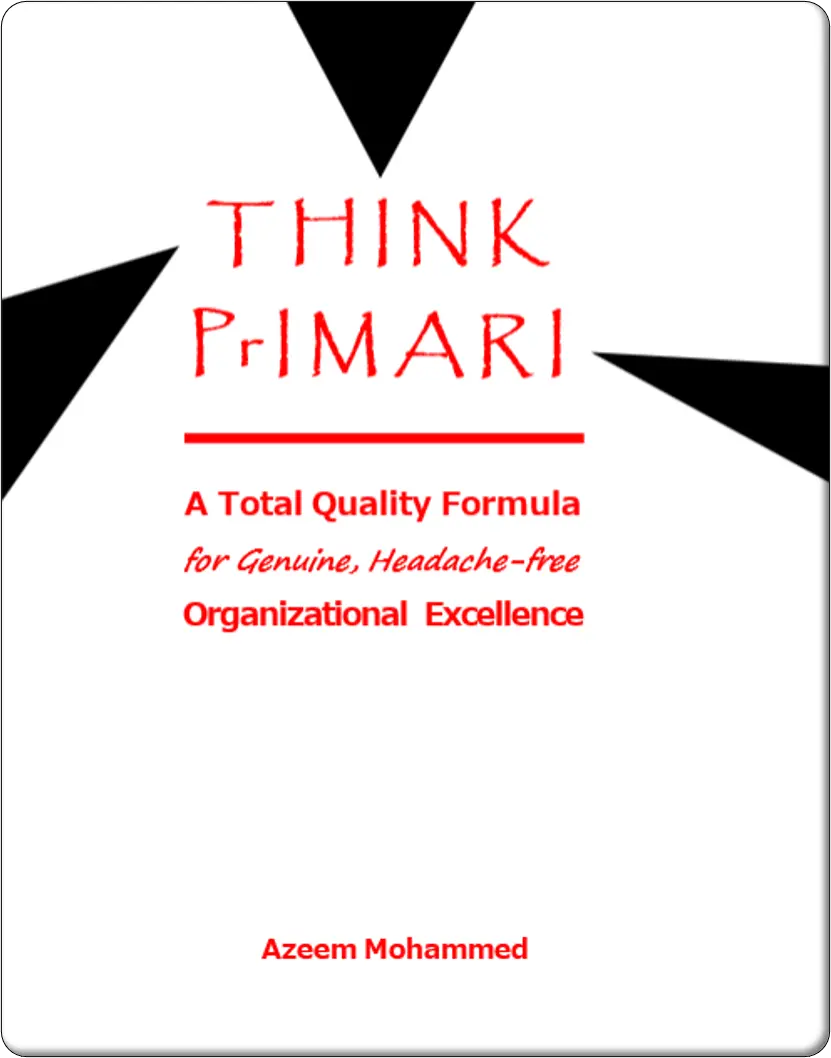A Formula for Organisational Excellence
In today’s fast-paced business environment, organizations often struggle with inefficiencies, poor performance, and workplace stress.
The key to overcoming these challenges lies in Total Quality Management (TQM)—a philosophy rooted in structured, sustainable excellence.
But to truly embed TQM into an organization, we must first revisit the core concepts of Quality and Management—terms often used but rarely understood in their full depth.

From Craftsmanship to Mass Production: A Historical Perspective
Imagine an 18th-century blacksmith—a master of his trade who personally measured, crafted, and inspected every horseshoe. His small operation thrived on direct customer interaction, hands-on supervision, and deep expertise. Quality was inherent because he controlled every step of the process.
Fast forward to the Industrial Revolution, where Eli Whitney’s interchangeable parts revolutionized manufacturing. Suddenly, businesses scaled rapidly, but with that growth came new challenges:
- Detachment from production – Owners no longer oversaw every detail.
- Standardization over customization – Products were mass-produced, not handcrafted.
- Fragmented responsibility – Errors in one area could ruin the entire output.
This shift introduced four critical problems still plaguing organizations today:
- Unexpected production shortages leading to market dissatisfaction.
- Declining quality, eroding customer trust.
- Skyrocketing costs, making operations unsustainable.
- A chaotic, high-stress workplace, harming employee well-being.
Two Flawed Management Extremes
In response, many leaders fall into one of two ineffective approaches:
1. The Craftsman’s Approach (Micromanagement)
- The manager tries to oversee everything personally.
- They drown in crises, swinging between frantic activity and burnout.
- Employees remain dependent, stifling innovation and scalability.
2. Abdication of Ownership (Hands-Off Neglect)
- The manager disengages, only stepping in during emergencies.
- Temporary fixes replace long-term solutions.
- Systemic issues persist, leading to recurring failures.
Neither approach delivers sustainable success.
The Solution: Total Quality Management
TQM emerged as a science to balance quality, cost, efficiency, and employee well-being. Unlike reactive management, TQM provides a structured, proactive framework for excellence:
- Customer-Centric Focus – Aligning processes with real needs.
- Continuous Improvement – Refining systems at every level.
- Employee Empowerment – Engaging teams in problem-solving.
- Data-Driven Decisions – Reducing guesswork with measurable standards.
By adopting TQM, organizations move beyond crisis management toward predictable, sustainable excellence—where quality is not an afterthought but the foundation of every operation.
The Path Forward
The journey begins with redefining how we approach management. Instead of asking, “Who’s to blame?” we must ask, “What needs to be done in each role?” The answer lies in the application of Deming’s Quality Management principles—a practical roadmap to operational excellence without the unnecessary headaches.
Are you ready to transform your organization? The science of TQM holds the key.
Access Think Primari Publication & Resources
We are making all of Think Primari's content available to you. See what's available here:

